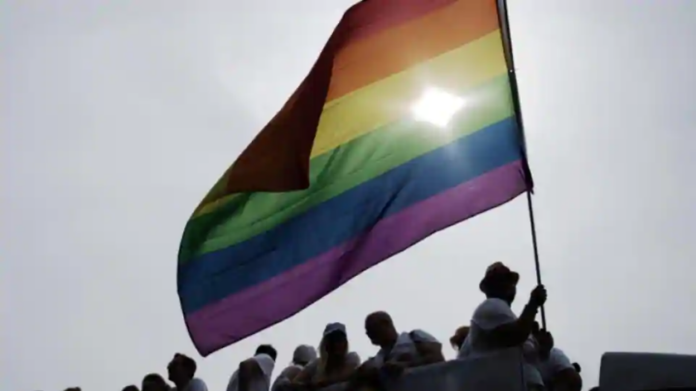Source: Reuters
By Jonah Ruddock
Article 14 of the Swiss constitution states that “the right to marry and to have a family is guaranteed.” On December 18th, Switzerland lived up to that promise by becoming the twenty ninth country to legalize same-sex marriage. After seven years of negotiations, the marriage equality bill first proposed by the Green Party in 2013 passed the Council of States with a 22-15 vote. The bill also allows lesbian couples access to sperm banks, and for both parents to be recognized as the mothers on a birth certificate.
The decision stirred resentment in the center-right Christian Democratic Party. The bill, though approved, could be undone by a public referendum with enough signatures and direct votes. The Council of States rejected the use of a nationwide referendum, but some say it could still be forced. This is not a large concern. A recent poll conducted by the LGBTQ rights organization Pink Cross revealed that the vast majority of the nation supports the bill, which would make the chances of an opposition party collecting the required 50,000 signatures in 100 days highly unlikely.
“If the opposition wants to start a referendum, we’re ready,” said Matthias Erhardt of the Rainbow Family Association, a Swiss LGBT organization. “We have 82% of the population behind us and, thanks to the mobilizing strength of the LGBT community, our partner organizations and political parties support us. We are going to increase the acceptance of LGBT people in society even more if there is a referendum campaign.”
Switzerland has banned conversion therapy, allows people to serve in the military regardless of gender identity or sexual orientation, and has expanded anti-discrimination laws to protect queer citizens, making it one of the most socially progressive countries in Europe. Certain adoption laws are still up in the air, especially those regarding stepchildren, but the new bill allows married same-sex couples to adopt jointly.
Additionally, the bill simplifies the process for transgender people to change their legal gender. They can now make this change without the involvement of a doctor or the court. This is a leap forward for the country, as it acknowledges that a transgender individual does not need validation from the medical community to be taken seriously. The minimum age that someone can change their legal gender without parental consent is now sixteen, which some see as a step backward, as name changes and medical treatments are available for those under sixteen.
“On the one hand, we’re super happy there will be this legal gender recognition based on self-determination, in a very quick and simple procedure,” said Alecs Recher, the head of legal services at Transgender Network Switzerland. “But, on the other hand, it’s a major step back for those under 16.”
Despite this, Switzerland is still leagues ahead of other countries in terms if transgender care. For comparison, Britain is on the brink of illegalizing hormone blockers for trans youth, and in the United States one’s legal gender cannot be changed until age eighteen, surgeries aren’t covered by insurance, and transgender people are banned from serving in the military. In a world where being LGBTQ is illegal in seventy countries, and can be punished by death in twelve, the Swiss are very progressive.
The great civil rights and LGBTQ activist Bayard Rustin once said that people will never fight for your freedom if you have not given evidence that you will fight for it yourself. After seven long years of fighting, this holiday season will be a celebratory one for the queer community in Switzerland. As the campaign group Marriage For All put it: “This is not only a milestone in the fight for the rights of the Swiss LGBT population, but also an important victory for their dignity, their acceptance and their inclusion in society.”

